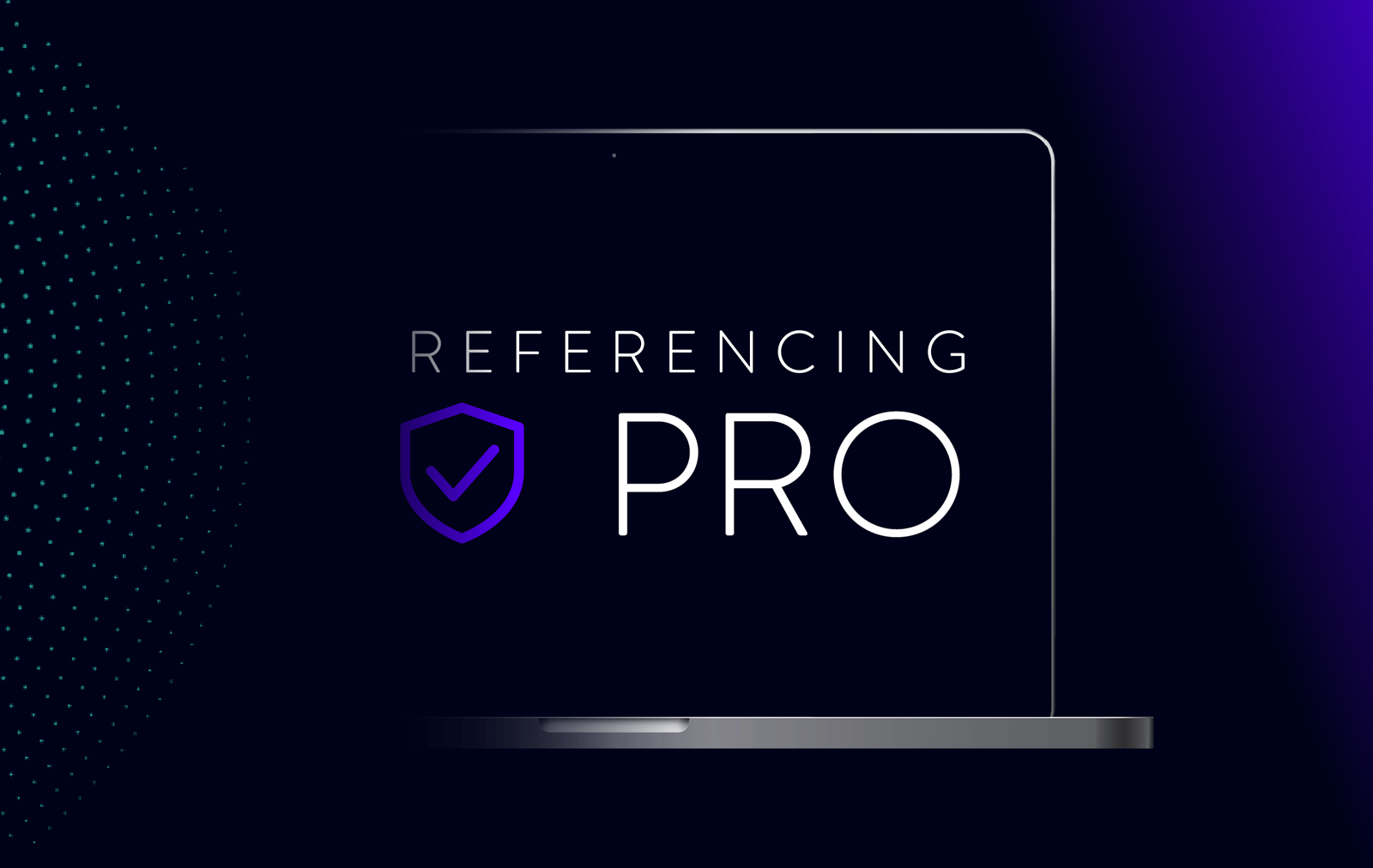Days
Hours
Minutes
Seconds
May 1 2026 - Renters' Right Act Commencement Day
You have 0 days to:
Serve any final Section 21 notices
Stop accepting above-asking rent offers
Prepare for the rental bidding ban
Remove “No DSS” from adverts
Remove “No Children” from listings
Show one clear rent price
Stop using fixed-term agreements
Switch to periodic tenancy templates
Check which tenancies go periodic
Stop taking rent before signing
Take no more than one month’s rent
Move all evictions to Section 8
Train staff on new notice rules
Create Section 13 process flow
Add two months to rent reviews
File court claims for Section 21s
Update landlord move-in grounds
Update landlord selling grounds
Send the RRA Information Sheet
Create written terms where missing
Update How to Rent processes
Review tenant screening questions
Update pet request processes
Stop backdating rent increases
Discuss rent protection backbooks
Act now before it is too late...
How much does a bad reference cost a letting agent?
Referencing is a necessary process of pre-tenancy. Goodlord's Head of Referencing, Nishma Parekh discusses how much it costs when a bad reference isn't caught.
Nishma Parekh
Jun 3, 2024
A bad reference can significantly impact a letting agent and landlord. Whether in terms of time wasted, financial costs, or damage to reputation, the consequences can be severe.
Recent data from Goodlord shows a substantial 140% increase in fraudulent applications for referencing. This spike not only affects letting agents and landlords if a property remains vacant but as we all may know, it's just that one fraudulent reference that's going to have a notable impact on the agency.
In 2023, The Property Ombudsman had to review a case from landlords against the letting agent because they believed the appropriate referencing checks for the tenant weren’t completed. The tenant in the property did not pay the rent to the landlords, and the landlord saw losses of over £9,000.
Letting agents and landlords need to be aware of all the implications having a bad reference can do to their business and reputation.
Read this guide to find out how letting agents and landlords can be affected, and how they can prevent having a bad reference:
- How much can a bad reference cost a letting agent?
- How much can a bad reference cost a landlord?
- How much time is wasted on a bad reference?
- How much do new technology and AI contribute to a reference?
- How can letting agents prevent bad references?
How much can a bad reference cost a letting agent?
The average lifetime value of a landlord in managed fees alone is £15,000, so letting agents are susceptible to losing a loyal landlord due to a fraudulent applicant.
I think we all know the landlord won't want to continue working with certain letting agents after they've been through a fraudulent application that hasn’t been caught, which could have been avoided. That's the truth of it.
Despite the traditional checks that can be done through the pre-tenancy process, it is possible to let one fraudulent application slip through the net.
Since the passing of the Tenant Fees Bill 2019, landlords in England, Wales and Scotland can no longer charge for referencing checks, even if the tenant fails their application. The cost must be covered by the landlord or letting agency.
According to Axa, a reference check may cost anywhere from £15 - £40 per tenant. So every time a bad reference comes through the application, it can create even more monetary costs for a landlord and letting agent.
Letting agents may think because they don't deal with high-value tenancies, they won’t be in danger of fraudulent applications. However, this simply isn’t the case anymore. We are seeing fraudulent references for all sorts of different properties up and down the country and you're still set to lose income if a fraudulent tendency isn't flagged.

How much can a bad reference cost a landlord?
While a bad reference may create monetary costs for a letting agent, landlords will also experience an effect on their income as well.
Without proper and comprehensive checks on prospective tenants, landlords may be put in a position where rent may not be paid.
Through a comprehensive referencing check, landlords can feel confident that tenants are earning what they say they earn and that they can afford the landlord's property.
Although this is a worst-case scenario, landlords and letting agents should make sure their prospective tenants can pay rent every month. Through Rent Protection Insurance, the landlord can be protected if a new tenant joins the tenancy but can’t pay their rent.
How much time is wasted on a bad reference?
A simple reference can be a lengthy process. From credit to Right to Rent checks, there are so many different points in the referencing journey.
Not only does the landlord need to compile a vast amount of documentation needed from a prospective tenant, but they will also need to check whether the checks are fraudulent.
According to Goodlord data identified that 95% of fraud comes from income. The details of checks letting agents will need to do to ensure the legitimacy of any payslip documentation will take even more time and resources.
A comprehensive check that is completed manually can take a large amount of time, that letting agents do not have. An investment into a secure reference check makes sense and instils confidence in an agent’s landlord, knowing that the reference is in secure hands.
How much do new technology and AI contribute to a reference?
At Goodlord, we’ve found that AI is being commonly used to create fraudulent referencing applications. The use of AI makes it easier for fraudsters to gain personal details, create fake documents, and even get around live person identity checks.
Unfortunately, the advancement of AI means that it’s starting to become impossible to identify any fraudulent documents manually. The technology used to catch any bad reference needs to be even better to identify any bad reference, both now and in the future.
If letting agents do their referencing checks manually, not only makes the process that much slower but letting agents could open themselves up to being vulnerable to a bad reference.
Agents need to start using AI technology with their referencing providers to stop any bad references from passing through. If this technology isn’t embraced now, as the technology progresses, more agents will be exposed to bad references.
As an industry, we need to remove the reliance on verifying references just through documents alone. The more documents we allow in this process, the more fraud and bad references there may be. Instead, agents should go straight to the source for their prospective tenant's information, and use tools such as open banking or HMRC and Payroll integration.
Investing in the right technology that embraces AI, not only speeds up the referencing process, but will protect agents against losing thousands of pounds, and possibly a landlord’s investment to agents and their business.

How can letting agents and landlords prevent bad references?
From my experience and the data, we have found from letting agents, it's key the referencing process should be as secure as possible.
Letting agents are under huge pressure to drive returns, add value, and protect landlords from risk. So providing as much security as possible in an integral part of the pre-tenancy process will create more confidence for the landlord and agent.
There are so many different vulnerabilities in assessing whether or not the tenant is right for your property, for your landlord's property.
Trusted sources, such as open banking, HMRC and payroll integration will help to minimise any vulnerabilities letting agents may cause. Rather than relying on documents that could be tampered with, going straight to the source can minimise any fraudulent activity, and also increase confidence in your landlords that all information provided is correct.
Using a referencing service such as Goodlord’s PRO, the use of technology and integration with the National Fraud Database (CIFAS) you can make the most accurate decision for both landlords and letting agents, in just 1.5 days.









